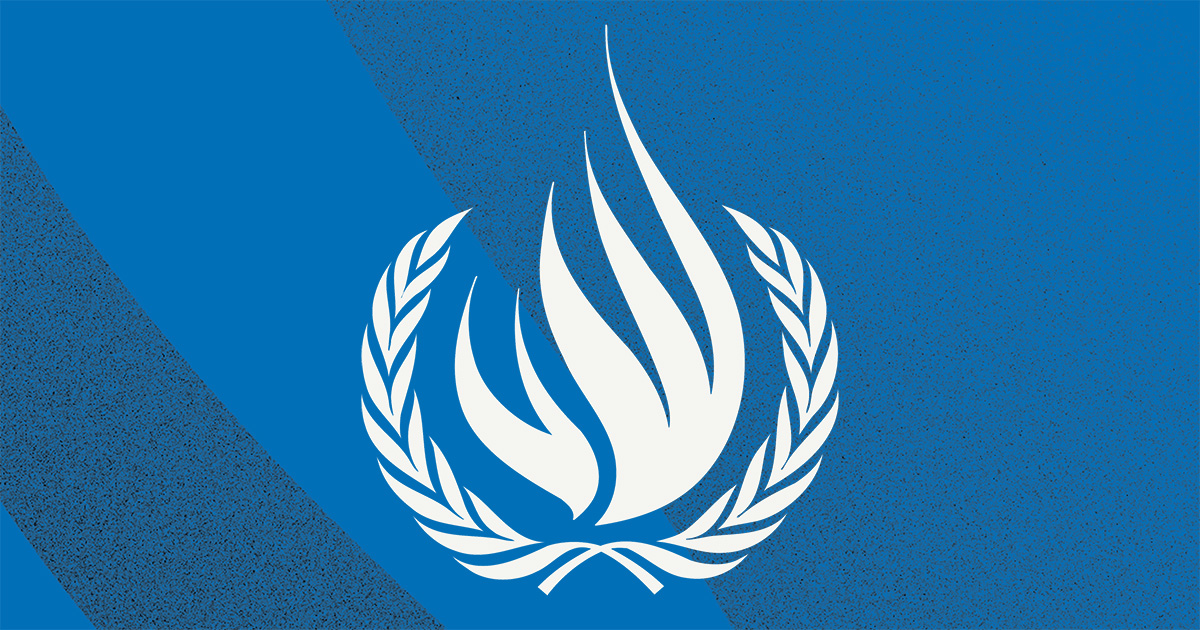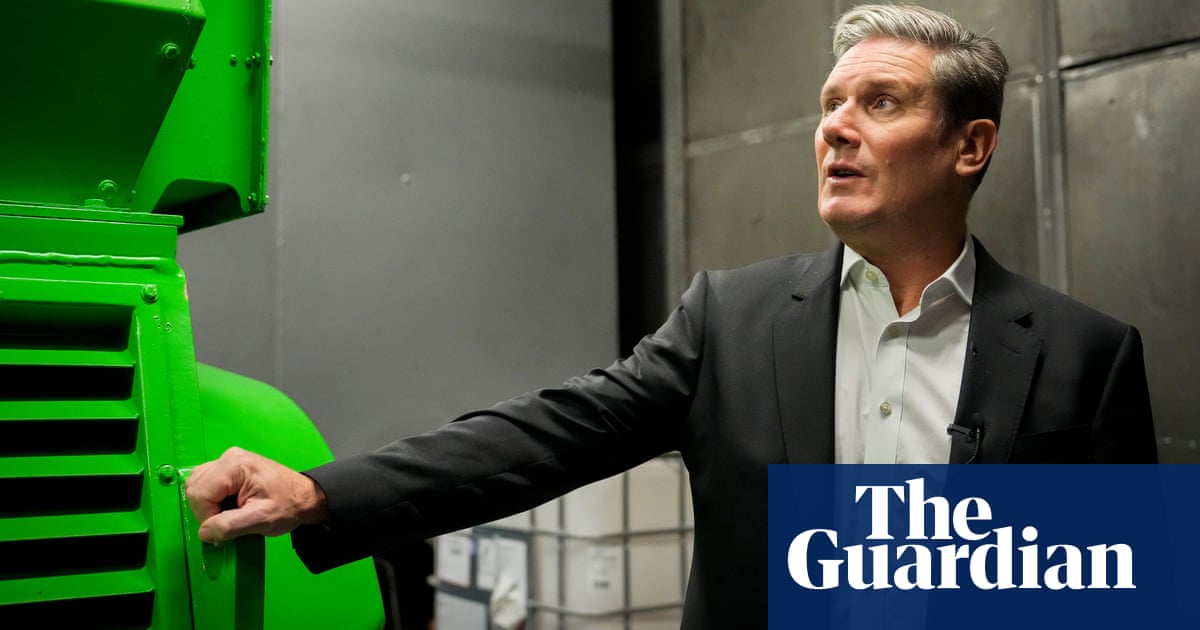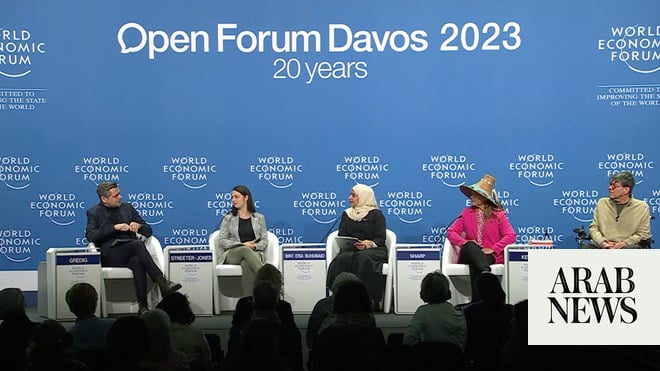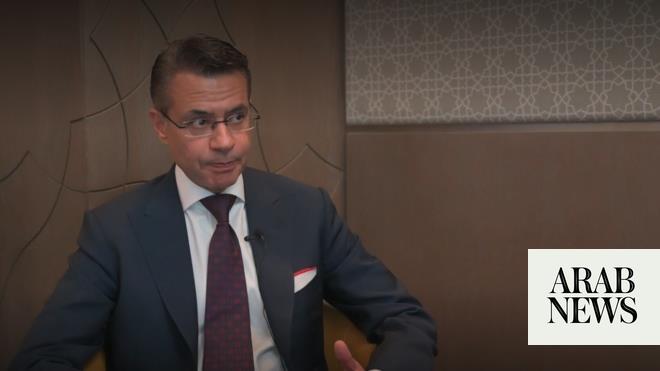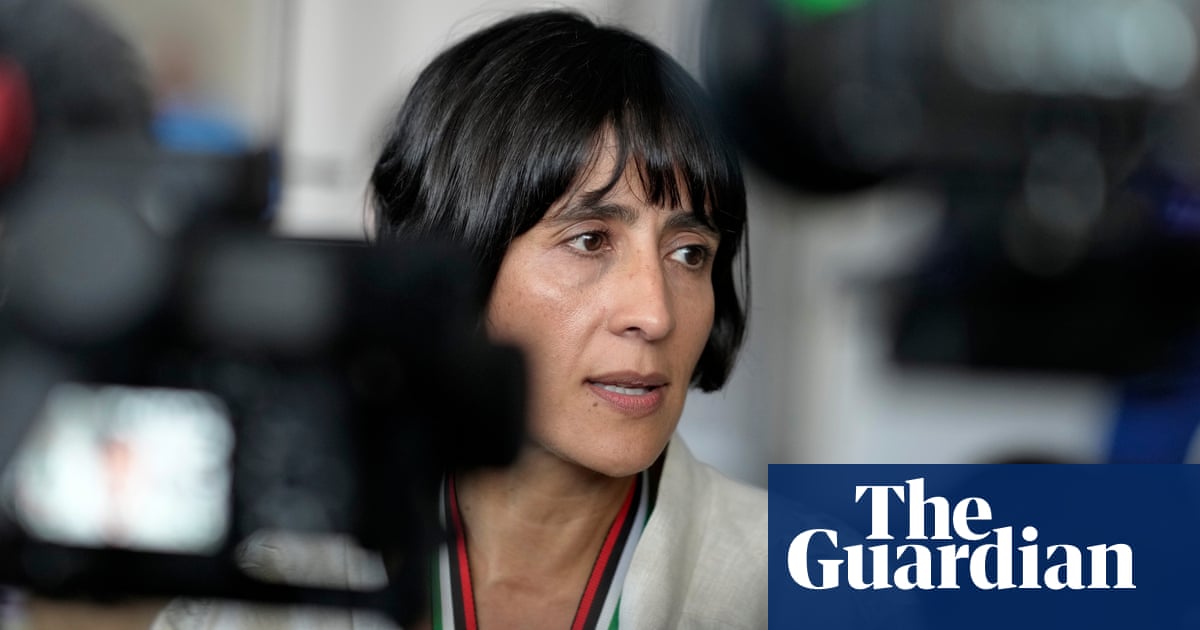
The next round of global biodiversity negotiations will put nature at the heart of the international environment agenda, Colombia’s environment minister has said, as the country prepares for the Cop16 summit.
Susana Muhamad, Colombia’s environment minister, who is expected to be the Cop16 president, said the South American country would use the summit to ensure nature was a key part of the global environmental agenda in the year building up to the climate Cop30 in the Brazilian Amazon in 2025, where countries will present new plans on how they will meet the Paris agreement.
“Although the climate is affecting biodiversity, nature is an answer to the climate crisis. It is not the only answer but it is a very important pillar and we want to position it very strongly to build towards Cop30 in Brazil,” Muhamad told the Guardian.
“We need to create the momentum and the role of Cop16 is to make nature a pillar of those discussions,” she said. “I think sometimes we divide the international environmental agenda into many issues … [but] we need to concentrate. For example, saving the Amazon is a practical and tangible action. The creation of multinational marine protected areas is a tangible action that has results for the climate and biodiversity.”
Colombia’s president, Gustavo Petro, has named Cali as the host city for Cop16 in October – the first biodiversity summit since a historic UN deal was made to halt the rampant loss of biodiversity, in Montreal, Canada at the end of 2022.
Governments heading to Cali, about 50 miles from Colombia’s Pacific coast, are expected to present national-level plans to meet the biodiversity targets, which include commitments to protect 30% of land and sea for nature and restore 30% of the planet’s degraded ecosystems.
Muhamad said will use the summit to try to negotiate stronger recognition and finance for megadiverse countries, which are home to a disproportionate amount of life on Earth.
The crisis in the natural world will feature heavily on the international stage in 2024: from Brazil’s G20 presidency, which President Luiz Inácio Lula da Silva will use to focus on developing economic models to protect the Amazon, to the climate Cop29 in Azerbaijan.
Colombia has become a leading environmental voice on the global stage. At Cop28 in Dubai last year, the leftwing Petro announced that Colombia would back calls for a fossil fuel nonproliferation treaty, becoming the first large fossil fuel producer to do so. Petro said his country’s biodiversity would become the basis of its economic strength after the green transition.
David Cooper, the acting executive secretary for the UN convention on biological diversity, said Colombia would be an inspiring host for Cop16 and bring welcome leadership on the environment. He said Cop16 would be important for the implementation of this decade’s biodiversity targets, but added that he was concerned about farmers’ protests against environmental policies, and how they could affect countries’ commitments in the future.
“Protecting biodiversity and ecosystems are so fundamental to food and agriculture, yet we’re not managing to maintain a common interest,” he said.
“We’ve got major challenges. Political leaders really need to step up.”






